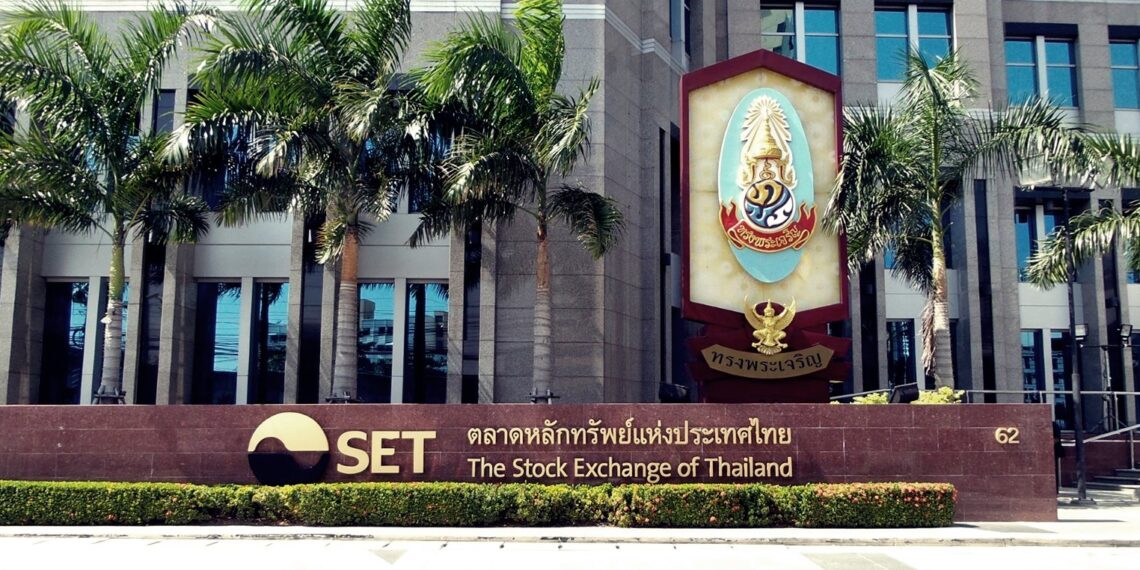No products in the basket.
Thailand’s SET Index rose 0.98% due to US Federal Reserve optimism. Japan raised its interest rate to 0.25% and reduced bond purchases. Euro zone inflation hit 2.6%, impacting ECB decisions.
Positive Movement in Thai and Chinese Markets
Thailand‘s SET Index rose to 1,320.86 points, gaining 12.77 points or 0.98%, with a trading value of 42.65 billion baht.
- The government’s digital wallet initiative in Thailand has led to stock price increases for major conglomerates and wealthy families, benefiting companies like CP All and Muang Thai Capital.
- The program aims to boost purchasing power for 50 million adults by providing a one-time 10,000 baht payment via a mobile phone app, with an expected 1.2% to 1.8% boost to GDP projected by the Ministry of Finance.
The Thai government’s digital wallet initiative, aimed at increasing household purchasing power, has benefitted several conglomerates and wealthy families in Thailand. The initiative, which will provide a one-time payment to eligible citizens, has caused the stock prices of companies like CP All, Muang Thai Capital, Berli Jucker, and Central Retail to rise. The program is expected to boost GDP, but opinions differ on its overall effectiveness.
The rise was also fueled by growing investor optimism that the US Federal Reserve might adopt a more relaxed monetary policy as US inflation approaches the central bank’s target. This positive sentiment has resonated across Asian markets as well.
The Chinese market has been closely monitoring the situation and has been expecting the government to introduce stimulus measures in response to the three consecutive declines in the Purchasing Managers’ Index (PMI) figures. This anticipation reflects the market’s belief that the government will take action to support economic growth and stabilize the industrial sector.
The PMI figures are important indicators of economic activity, and the consecutive declines have raised concerns about the state of the Chinese economy. As a result, market participants are looking for government intervention to address these challenges and provide a boost to the overall economic performance. This anticipation of government stimulus demonstrates the market’s sensitivity to economic data and its expectations regarding policy responses.
Economic Developments in Japan and Europe
The Bank of Japan has increased its benchmark interest rate to around 0.25% from a range of 0%-0.1%. Additionally, it has revealed a strategy to lower its monthly bond purchases to 3 trillion yen by the beginning of 2026, with a reduction of 400 billion yen every quarter.
In Europe, the euro zone experienced an unexpected rise in inflation to 2.6% in July, despite a slowdown in the growth of service sector prices. This increase surpassed the 2.5% rate that economists had anticipated. As a result, investors are now evaluating potential future actions from the European Central Bank, which had previously indicated the possibility of implementing rate cuts in September. This development has drawn attention to the potential impact on monetary policy and the broader economic landscape within the euro zone.
Discover more from Thailand Business News
Subscribe to get the latest posts sent to your email.













